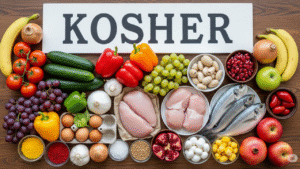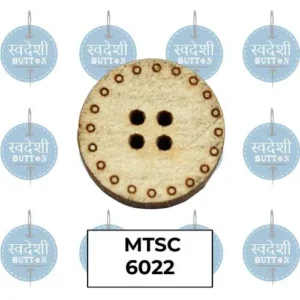Understanding the Kosher Certificate: Meaning, Importance, and Process

Kosher certification in Ahmedabad
A Kosher Certificate is an official document issued to confirm that a product, food item, or facility complies with Jewish dietary laws, known as kashrut. While kosher laws come from religious traditions, their influence has expanded well beyond the Jewish community. Today, people across various cultures look for the kosher symbol on packaging, recognizing it as a mark of quality, cleanliness, and strict food handling procedures.
The term “kosher” comes from the Hebrew word meaning “fit” or “proper.” For a food to be kosher, it must follow specific guidelines about what ingredients are used, how the food is prepared, and how it is handled or processed. For example, certain animals like pigs and shellfish are not kosher, and kosher laws prohibit mixing meat and dairy in the same meal or product. Also, animals that are allowed must be slaughtered in a particular humane way. A kosher certificate verifies that all these conditions are met during production.
Why Kosher Certificate Is Important for Businesses and Consumers
A Kosher Certificate benefits both the producers and the consumers. For consumers, especially those who keep kosher as part of their religious practice, the certificate assures them that the food or product meets their dietary needs. But even for non-Jewish consumers, kosher certification is often associated with high manufacturing standards. Many health-conscious buyers, vegetarians, and people with specific allergies trust kosher products because the certification process involves strict ingredient checks and careful food handling.
For businesses, a kosher certificate can serve as a powerful marketing tool. In today’s competitive market, brands are always looking for ways to stand out. Adding a kosher label signals quality, integrity, and attention to detail. It also opens up opportunities to reach new customer segments. In fact, in regions like the United States, more than 12 million people regularly buy kosher-certified products, and many of them do so for non-religious reasons. International markets, particularly in countries like Israel and Canada, also demand kosher-certified products. For exporters, a kosher certificate can help meet import regulations and satisfy buyer requirements.
How to Obtain a Kosher Certificate
The process of getting kosher certified is straightforward, though it does require careful planning and transparency. First, a company must choose a reliable kosher certification agency. Some of the most recognized agencies include the Orthodox Union (OU), OK Kosher, and KLBD, among others. After selecting an agency, the business must submit an application. This usually includes detailed information about the products, ingredients, suppliers, manufacturing processes, and storage methods.
Once the application is reviewed, a representative from the agency—often a trained kosher supervisor called a mashgiach—will conduct a physical inspection of the facility. During the inspection, they look at how equipment is cleaned, how raw materials are sourced, and whether kosher laws are being respected. If the facility passes all checks, the certification agency issues the Kosher Certificate, which typically remains valid for one year. To maintain certification, businesses must renew annually and report any changes in ingredients or production processes to the certifying body.
The cost of certification varies based on the size of the business, the complexity of the operation, and the chosen certifying agency. Small-scale producers might pay lower fees, while larger manufacturers with multiple product lines and locations may pay more due to additional inspections and supervision. However, many businesses find the cost worthwhile, given the access it provides to new markets and the added consumer trust it brings.
Read Also – Understanding Kosher Certification in Bangalore: A Guide for Food Businesses
The Broader Value of Kosher Certification
Beyond religious compliance, kosher certification represents a broader commitment to quality and transparency. In an age where consumers are increasingly concerned about what goes into their food, how it’s made, and where it comes from, a kosher certificate sends a clear message. It tells customers that the company cares about safety, hygiene, and ethical practices. It also supports food traceability, which is becoming a global priority in food production and distribution.
In summary, obtaining a Kosher Certificate can benefit businesses of all sizes. It strengthens brand credibility, opens up access to new customers, and reflects a strong commitment to clean and ethical production. Whether you’re in the food industry, cosmetics, or even pharmaceuticals, adding kosher certification can set your brand apart and build long-term trust with your audience.



